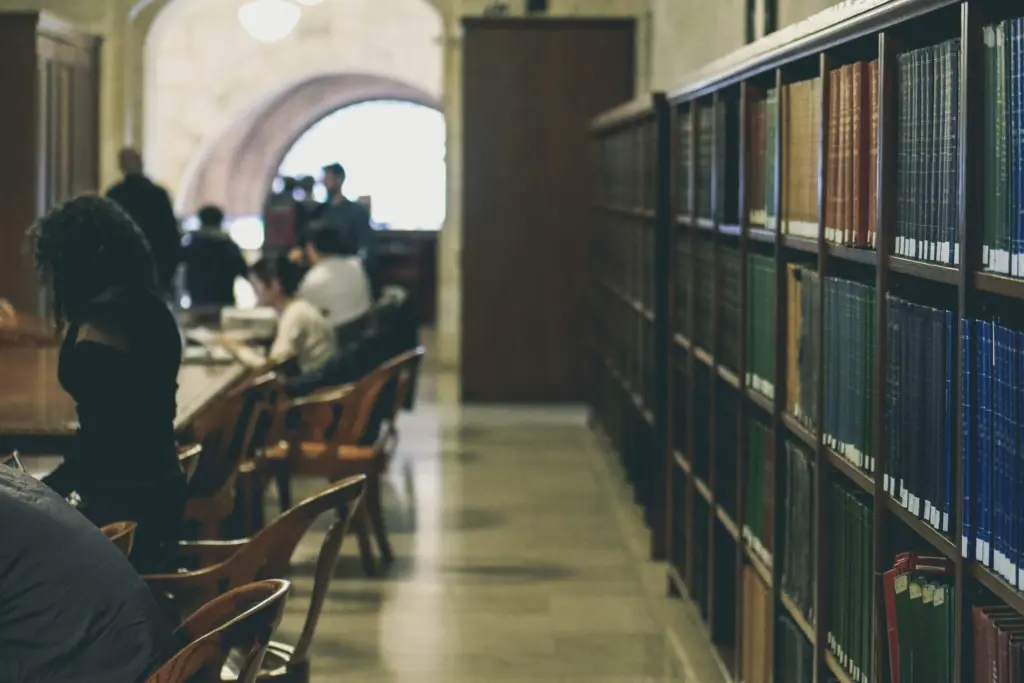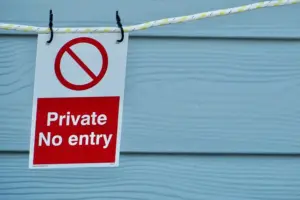Legal Due Diligence in Private Security Operations
The spirit of #BLUESecurity demonstrates the respect for Indvidual’s rights in a complex environment of international legal regimes. The constant instability caused by piracy and threats of violence on shipping routes prudent security management and a solid legal awareness to be able to react to changing security situations. The complex interplay of different legal systems […]Private Security on Cruise Ships: An Essential Partnership with Law Enforcement

The reality of comfort, confidence and risk awareness on a cruise is more than just intruders and pickpockets on the inside.
In the vast expanse of open waters, cruise ships are often regarded as floating cities. As the allure of the seas continues to draw countless travellers each year, the question of security on board these majestic vessels is of paramount importance. While the allure of sun-soaked decks and luxury cabins captures our imaginations, behind the scenes, there exists a rigorous and multi-layered security system, often made possible through a partnership between private security firms and law enforcement.
It’s an open secret: the maritime domain brings with it a myriad of unique challenges. Cruise ships, due to their size and the sheer number of passengers they carry, become prime targets for a range of criminal activities – from petty thefts and scams to more serious crimes such as assaults or even terrorism. As a result, the private security industry, in tandem with law enforcement agencies, has stepped up its game, offering specialized services tailored to the cruise ship environment.
Understanding the Scope
Private security on cruise ships is not merely about armed personnel patrolling the decks. It encompasses a holistic approach, from advanced surveillance systems, and access control measures to cybersecurity protocols protecting the ship’s vital digital infrastructure and vital support to public law enforcement agencies to ensure the safety and security of crew, travellers, and other goods.
Training and Expertise
Private security personnel on cruise ships often come with extensive backgrounds in law enforcement or the military. They undergo rigorous training that covers aspects like conflict resolution, emergency response, and maritime-specific challenges. Their role complements the safety and security of the community on board ad bridging any potential gaps and ensuring seamless security operations to protect the integrity of persons and goods and to render support on board for remote law enforcement officers.
Collaboration with Law Enforcement
While private security looks after the day-to-day safety of the passengers, their collaboration with law enforcement agencies plays a crucial role, especially when dealing with severe crimes. Cruise ships maintain a line of communication with coastal law enforcement agencies and flag states, ensuring that any incident can be swiftly relayed and guidance sought if needed.
Addressing Challenges
Cruise ships often sail through international waters and dock at various international ports. This necessitates a clear understanding of international maritime laws and the legislations of the countries they visit. Private security firms, in collaboration with legal teams and local law enforcement, ensure adherence to these laws while upholding passengers’ safety.
Passenger Engagement
A unique aspect of private security on cruise ships is their role in passenger engagement. They organize safety drills, offer tips on staying safe on board, and ensure passengers are informed about security protocols and the competences of command on board. This not only instils confidence among the travellers but also ensures a proactive approach to safety and security on board.
The Conclusion
As cruise ships continue to sail the seas, offering passengers unforgettable experiences, the unseen hand of private security, in alliance with public law enforcement, ensures these memories are untainted by security concerns. It’s a partnership forged in trust, commitment, and the shared goal of safeguarding thousands of lives on the vast ocean expanses.




